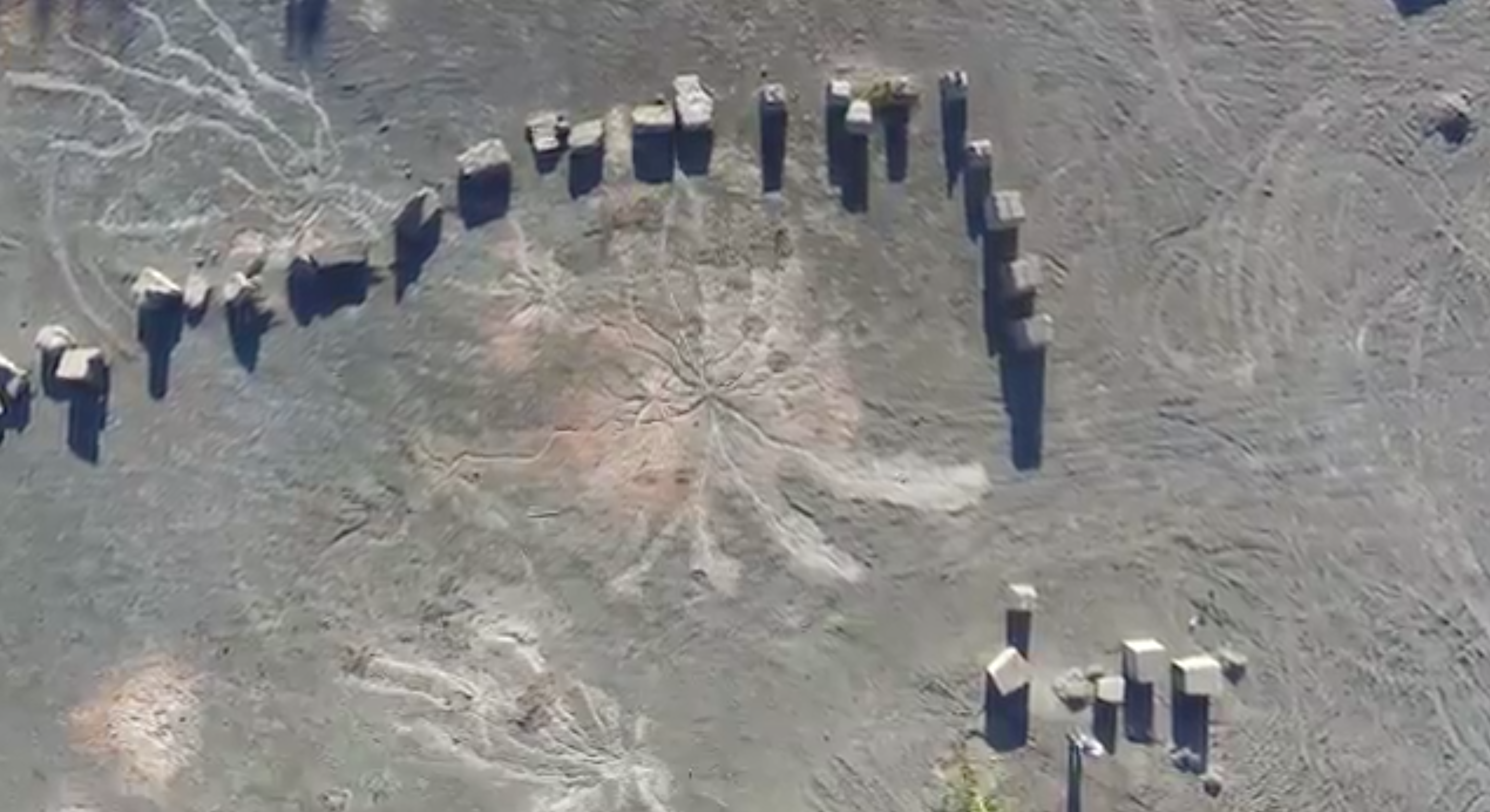Scientists have discovered the oldest forest in the fossil record at a quarry in the Catskill region of New York. These primordial woods flourished 386 million years ago, during the Devonian period, and contained at least three types of tree, one of which represents a “quantum leap” in plant evolution, according to a study published on Thursday in Current Biology.
The discovery pushes the empirical timeline of forests back millions of years, which has implications for understanding how these trees sparked an “energetic revolution,” meaning that their energy-efficient adaptations reshaped global ecosystems and climate, the authors said.
“The origin of big trees and forests seems to be coincident in time with some dramatic changes in the Devonian ecosystem and climate,” said lead author William Stein, an emeritus professor of biology at Binghamton University, in a call.
“In particular, there’s been pretty clear evidence that there was a drawdown of CO2 levels from the atmosphere during this time,” causing global cooling, he added. “This is important because we’re, in a sense, looking at the opposite trending effects currently with people, deforestation, and global warming.”
The root systems of this Devonian forest are preserved in an abandoned sandstone quarry near Cairo, New York. Though the site has been known for plant fossils since the 1960s, the new specimens were found within the last decade, and may have become noticeable due to years of weathering.

Stein and his colleagues think the fossils represent three ancient tree families: Archaeopteris, Eospermatopteris, and an unidentified species that may have been a type of vascular plant called a lycopsid.
Eospermatopteris, which looked a little like a modern palm tree, was also found at the next oldest fossilized forest, located about 30 miles away in Gilboa, New York. But the real star of the study is Archaeopteris, because it “strikingly advanced for its time” and likely represents “the beginning of the future of modern forests,” Stein said.
“This was a large plant that had modern-looking secondary tissues—basically wood—and it was the first major player that we understand actually had leaves,” he explained. “It’s essentially identical to what you would expect to see today in modern conifers or flowering and seed plants as a whole.”
Unlike Eospermatopteris, which wasn’t able to penetrate very far into the soil with its roots, Archaeopteris grew specialized structural roots that expanded both laterally along the surface of the soil, and deep underground. This robust network could tap into more resources than Archaeopteris’ rivals, and that may explain why it evolved to be such an efficient and innovative photosynthesizer.
Though the Cairo site is a few million years older than Gilboa, Stein said that he shies away from calling it “the oldest forest” because the two sites may have represented one long-lived and relatively stable biome. “That’s our hypothesis: that they probably are just different ecological snapshots of the same longstanding forest,” he said.
Based on the patterns of the sediment, the Gilboa site was likely located in a river system that frequently experienced catastrophic floods, whereas the Cairo area seems to have been drier and less chaotic. Still, the remains of fish inside Cairo’s fossilized forest suggest that it did sometimes flood. These events may have been damaging to the woods at the time, but the sediment upheaval produced by them helped preserve these fascinating fossils.
Stein hopes that future exploration of the Catskills will reveal more clues about the first forests to emerge on Earth, and the role they played in reshaping our planet’s climate and ecology.
“We only have a sample of two sites like this,” he said, “so it leaves a lot to be done in terms of trying to figure out what actually did go on.”
from VICE https://ift.tt/2McxTMT
via cheap web hosting
No comments:
Post a Comment